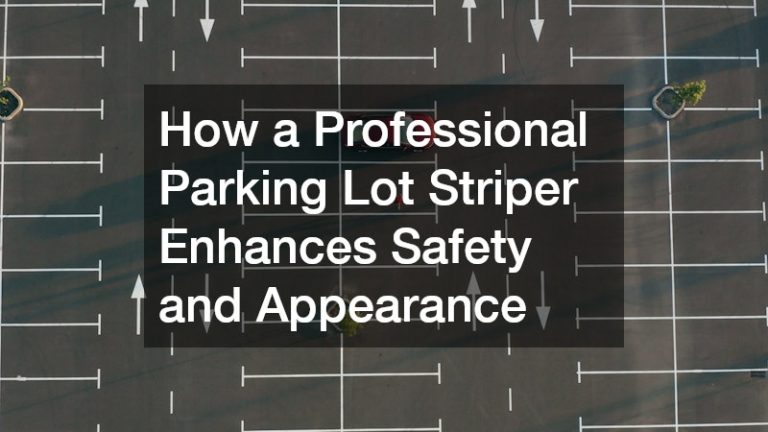
When it comes to transport certification, most people don’t think about working with hazardous wastes. However, it’s a large field within the transportation industry. Of the 11 billion tons shipped by freight truck annually, more than 3 billion tons are considered hazardous materials. In addition, almost all of the daily shipments of those materials require a truck. So if you decide to go through with the DOT hazardous materials training, you certainly won’t be out of work. If you’re still not convinced, consider the following reasons to get your certification today.
The training, mandated by the OSHA and administered by the Department of Transportation, may only take up to 40 hours before you can start transporting. You can even get licenses in specific states if you feel so inclined. You’ll learn a lot of different things from the dot hazardous materials training such as the 9 classifications of hazardous cargo, the requirements for handling and storing hazardous waste, and what is considered a confined space according to OSHA. Refresher training is also available to ensure that you keep your certification up to date.
So if you’re interested in shipping hazardous materials, what can you expect to transport after completing the training? Well, flammable liquids such as gasoline and oil are the most transported hazardous materials within the United States. Texas is the state that produces the most oil in the United States, and they produced over 1100 million barrels in 2016. These barrels had to be safely transported all over the United States by certified drivers.
Other materials may include natural gases, toxic substances, and oxidizers. In fact, natural gas is one of the highest weight of commodities shipped within the United States. You might also be called on to help minimize an environmental emergency in the case of something like oil spills. That is, as long as it won’t pose any threat to you. And the pay isn’t bad either.
A report from 2016 showed that those who transported and removed hazardous materials could expect an average median salary of approximately $40,000. This is, of course, after the training and certification required by the Department of Transportation. So if you think that this line of work could be for you, be sure to look into that training so you can start transporting.



